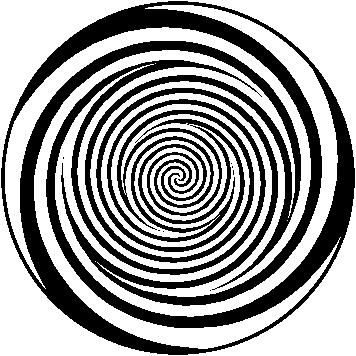 |
LITR 4232 American
Renaissance 2010 final exam—Answers to Question A2 |
 |
Matt Chavez
Transcendental Thought & Form
The iconic writers
of America’s antebellum period wrote with Romantic principles in mind, seeking
truth in all aspects of life.
Emerging from one war and, unknowingly, headed for another, these American
Renaissance writers devoted themselves to concerns which transcended questions
of legality and monetary value. The
morality of slavery, man’s relationship to man, government, and God—these were
the questions of the period, and such concerns gave rise to the American
Transcendental movement. Headed by
figures like Ralph Waldo Emerson and Henry David Thoreau, Transcendentalism
sought to explore the sublimity of the world around them, a world in which man
shares an intimate connection to his fellows linked through the soul to the
divine, and a world in which the divine can be found in the natural, thus
interacted with on a daily basis.
In their discourse, the Transcendentalists found a divine law to follow, a law
superseding the machinations of man and providing order to a universe otherwise
harsh and unforgiving.
This appeal to a
divine law which marks all Transcendentalists is powerfully evoked in Thoreau’s
essay Resistance to Civil Government,
a striking critique of manmade governments, particularly the U.S. government of
the early 19th century, which holds men in chains, referring to both
the abolitionists’ bane and the taxation of its citizens.
The demands Thoreau makes are quite drastic in terms of the changes that
would need be made to the civil system, but it is only for the reason that he is
calling for a government, if there’s to be government at all, which is based on
the authority of a higher power, rather than on the dictates of men.
This higher authority deals in issues of universal truth, indeed a “truth
[that] is always in harmony with herself, and is not concerned chiefly to reveal
the justice that may consist with wrong-doing.”
Thoreau refers to a truth which permeates all and holds true in all
situations, as opposed to the laws of men, which tend to shift in tandem with
private interests.
This truth is
universal in that it is ubiquitous, an important point to Transcendentalists who
look to sublimity in nature, sublimity being a semblance of the divine, the
higher authority. Seeking a
personal relationship with the higher authority, one that the individual may
immerse himself in, it is important that nature houses and even comes to
represent the authority itself. In
the selections from Nature by
Emerson, “the moral law lies at the centre of nature and radiates,” an
understanding of the sublime law that can be found throughout the nature world
as viewed by Transcendentalists.
There is no desire to understand empirically this morality found in nature; it
is unnecessary to count and measure or find correlations in a reasoning or
logical sense. The desire is to an
empathetic connection, an unconscious and emotion based connection to the
universal truth found in nature.
This universal truth is God, it is a higher authority that the
Transcendentalists can immerse themselves in and become one with, it is a group
consciousness, or an over-soul, which connects all.
This concept of an
over-soul is another of the gems which Transcendentalists bestowed on the world.
The harmony which Thoreau calls on in his essay, and a unity between man
and nature, is all due to a group consciousness and connection to God.
For this reason, correspondence plays an important role in transcendental
work, showing a reflection of sublime nature in man, and vice versa.
In seeking to find one’s self in nature, the person discovers more and
more of the divine aspect which is imbued in him.
“As fast as you conform your life to the pure idea in your mind, that
will unfold its great proportions”—words of Emerson’s
from Nature on the perfect
correspondence between the sublime in man and in nature, but all of the aspect
of a higher authority.
|
|
|
|


